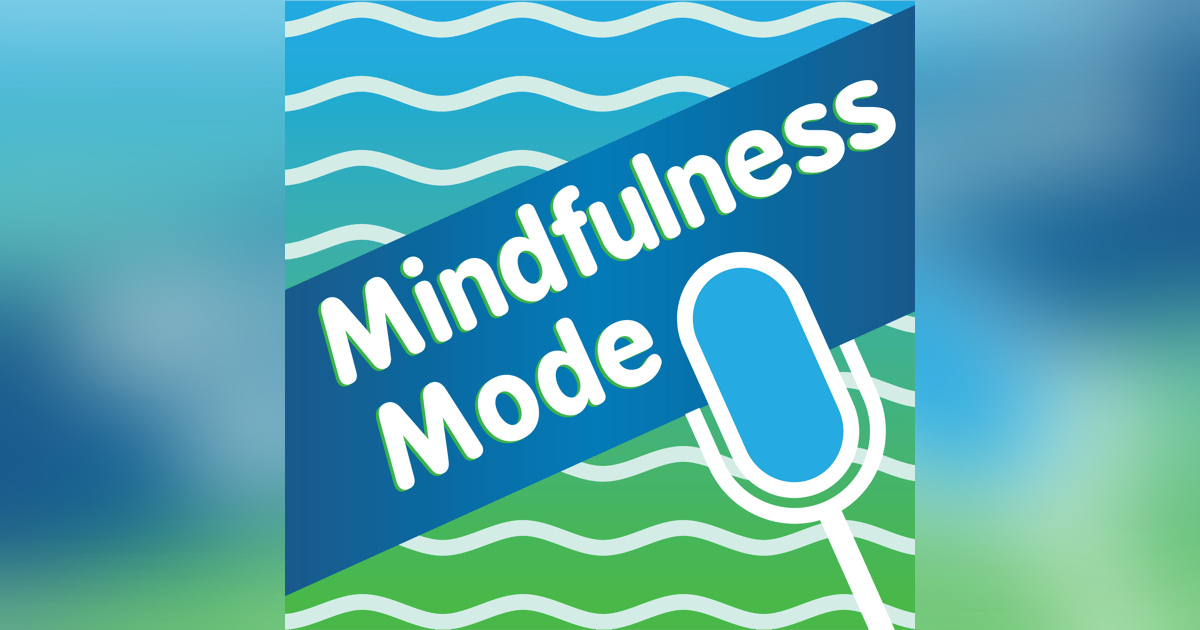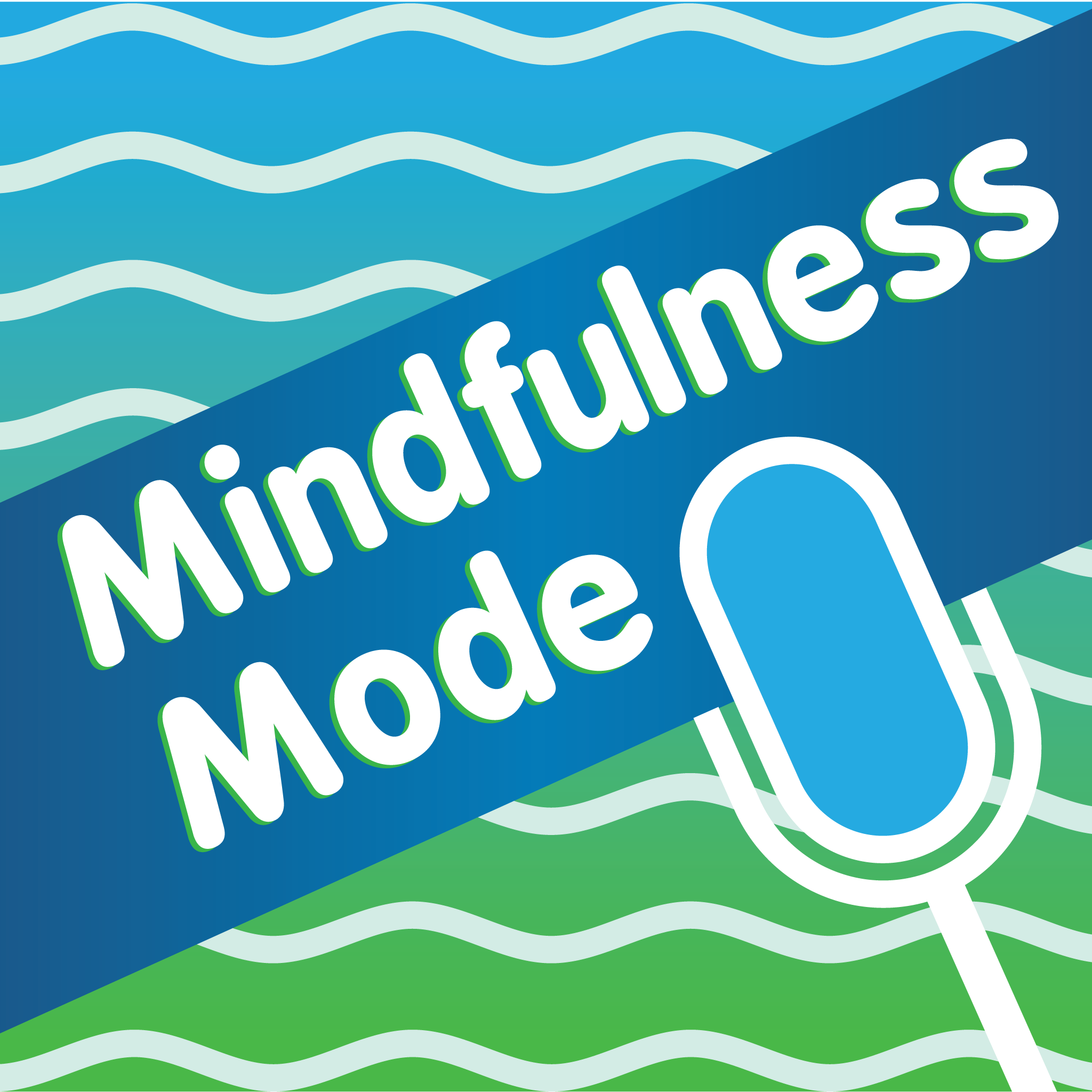June 11, 2020
How Thoughts Become Things; Doug Vermeeren

The player is loading ...

Douglas Vermeeren has produced and directed 4 of the top 10 personal development movies ever made. His latest film, ‘How Thoughts Become Things’ featuring Bob Proctor, Marie Diamond, and Joe Vitale is set to become the next phenomenon of its kind. Douglas has personally interviewed more than 400 of the top achievers worldwide. He is a regular featured expert on FOX, CNN, ABC, NBC, CTV, and CBC and he is often referred to as the modern-day Napoleon Hill. Doug’s training programs share strategies of how to connect with the highest level achievers and expand your network to grow your business. His award-winning entrepreneur training programs have been rated among the best in the world.
Listen & Subscribe on: iTunes / Stitcher / Podbean / Overcast / Spotify Contact Info- Website: DouglasVermeeran.com
- Blog: douglasvermeeren.wordpress.com
- Movie: How Thoughts Become Things
- His mother, she is the first one to introduce mindfulness to Doug
- “I know of times in my life where I really felt upset, hurt, angry, but I can also think of a few times where I just have taken a deep breath, brought myself present, grounded myself, and it has given me the power to gain back that control.”
- “Mindfulness is a very underrated but very powerful tool that we need to develop.”
- “Don't forget to do it.”
- “We do breathing for everything but it's different breathing when you do mixed martial arts, jiujitsu.”
- Book: 7 Habits of Highly Effective People by Stephen R. Covey
- App: n/a
- “I was small as a kid and I was bullied. In fact, that is why I got started in the martial arts.”
- “I got bullied all the time so I got empathy for those who are bullied. What's worse than that is I have a brother who was bullied because of his cerebral palsy. I would get into fights protecting him.”